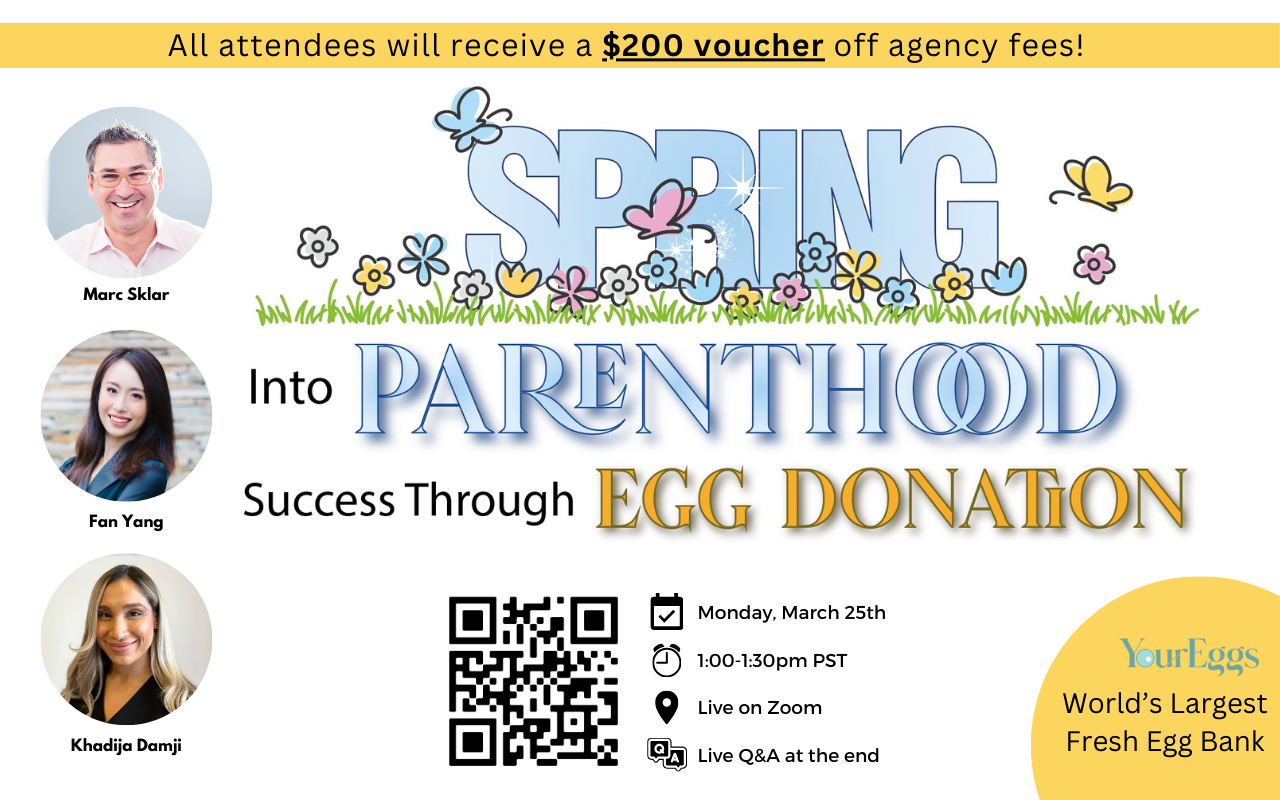What do you do when life’s milestones don’t quite align with biological timelines? Many women find themselves considering fertility choices later in life.
One question we get often at YourEggs in San Diego and Newport Beach, California, is: “Am I too old to freeze my eggs?” The concern is valid, particularly in a world where career, personal growth, and finding the right partner often take precedence over early family planning.
How egg freezing works
Egg freezing, or oocyte cryopreservation, empowers women to bank their eggs to preserve their fertility. The process involves stimulating the ovaries to increase the production of eggs, retrieving them through a minor surgical procedure, and then freezing them for later use.
Frozen eggs can be thawed, fertilized, and implanted later, offering a chance at pregnancy beyond a woman’s natural fertility window.
Understanding eggs and fertility
Fertility is linked to age. Women are born with a finite number of eggs, and this number decreases over time. When women reach the mid-30s, both the quantity and quality of eggs begin to decline more rapidly, affecting the chances of conception.
It’s the so-called “biological clock,” and it’s crucial when considering egg freezing. The health and viability of eggs are paramount in determining the success of future pregnancies.
Age limitations for egg freezing
While there’s no strict cut-off age for egg freezing, the consensus in the fertility community is that the earlier, the better — ideally in your late 20s to early 30s. This recommendation is based on the optimal quality of eggs and higher success rates observed in younger women.
However, this doesn’t mean that egg freezing isn’t an option for women in their late 30s or early 40s. Each case is unique, and advancements in reproductive technology have made it possible for many women to freeze and use their eggs later in life successfully.
We invite older women to have a candid discussion with our experienced and compassionate team about what success rates mean for your age group and situation.
Other factors to consider
Your overall health, lifestyle, and individual fertility profile also play a significant role in the success of egg freezing and future pregnancies. Factors like genetic conditions, medical history, and even stress levels can influence outcomes.
A comprehensive evaluation by our fertility experts is vital to understanding your unique circumstances.
The decision to freeze eggs should be based on a range of considerations, including your current life situation, future plans, and overall health. It’s never too late to explore your options and make informed decisions about your fertility.
If you’re contemplating egg freezing, call the YourEggs office nearest you or book an appointment online to learn more today.



